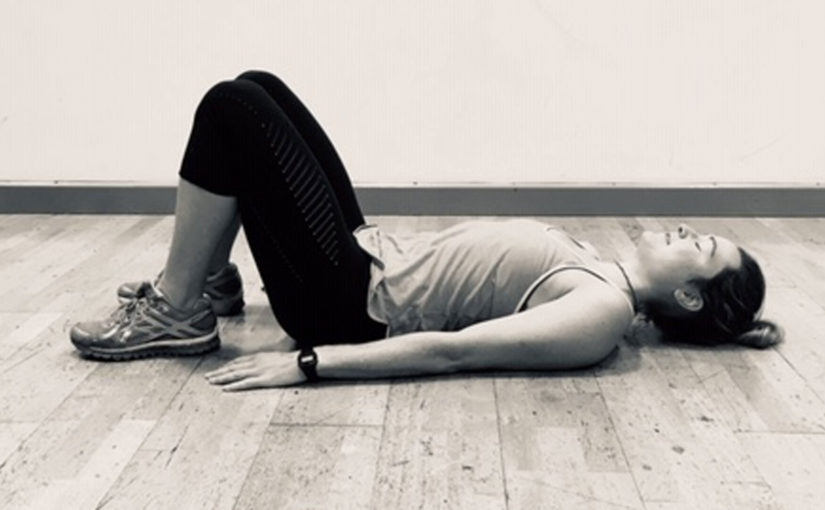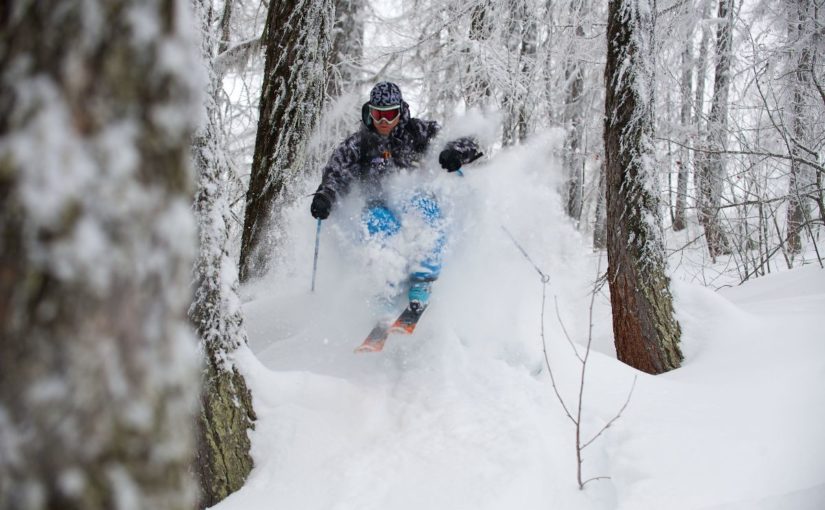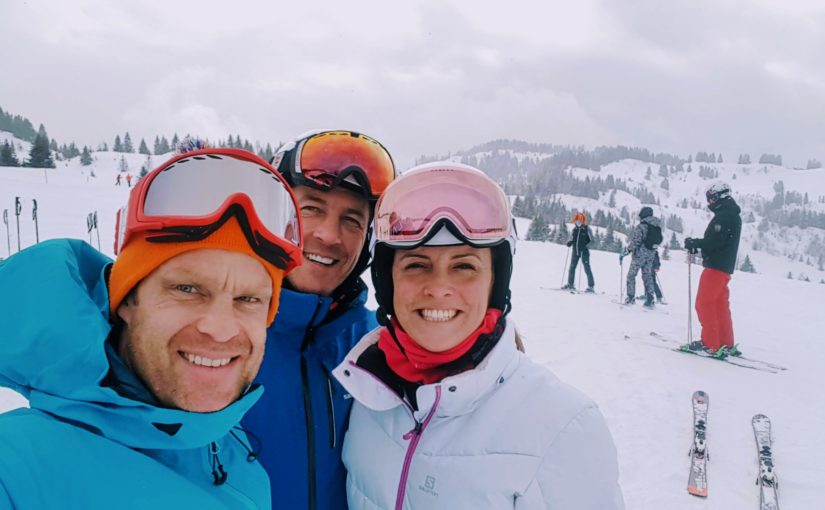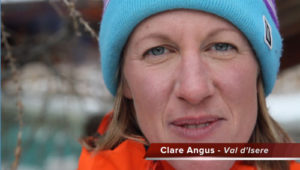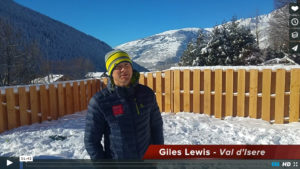by Jo Pollard – jopollardphysio.com
Take a look at these 5 exercises and reasons why to add hamstring strengthening to your fitness programme
#ski fit #injury prevention #biomechanics #stronger #train smart
REASON 1: INJURY PREVENTION #ACL
Many of us (and rightly so) focus on exercises to our quads, as this is where we feel the burn when riding, especially in the pow right? While this is correct and it is important to train these muscles, it’s also important to exercise the counteracting muscles; the hamstrings. If our quads are too strong, or our hamstrings too weak, there is an imbalance. This combined with the fact that the hamy’s act like a brake system which means that if we fall, twist or land awkwardly, we are more likely to cause injury to our knee if the hamstrings can’t counteract this quad contraction or adequately play its stability role. This is of huge importance in avoiding an ACL injury and important to include in any programme post *ACL surgery/injury (*always seek physio advice for a specific plan)
REASON 2: BE MORE DYNAMIC AND EFFICIENT.
Our hamstrings contribute to stability, shock absorption and better movement patterns. Connecting our hips and knee joints, they provide efficient load absorption and power to be transmitted in our sports. Our hamstrings and gluts work together to provide strength and explosive movements, but also support what is known as our posterior chain. In skiing and snowboarding, this would relate to us being able to maintain good posture, resist falling over and keeping upright in bumpy or unpredictable terrain.
REASON 3: WANT TO AVOID FALLING OVER AS MUCH?
Our hamstrings often work eccentrically, meaning they are lengthening whilst also contracting.
This is especially important whilst running or kicking, or in the skiing
environment to help control our movements, especially if we feel we are going over the ‘handlebars’ – are hamstrings act like decelerators.
REASON 4: BE BALANCED – STRENGTH THROUGH RANGE
As well as being strong, our hamstrings need good length in them to optimally provide the qualities discussed. If the hamstrings are tight, they can pull on your pelvis and cause biomechanical imbalances. You are at risk of this if you ski or snowboard for long periods, as you are nearly always working with a bent knee and therefore at risk of the hamstrings tightening and potentially straining.
REASON 5: BIOMECHANICS
Sorry ladies but this is aimed at us! Women are more likely to have valgus collapse in their knees -meaning our physiology generally means our knee drops into adduction and internal rotation more easily (i.e. collapses in). While skiing or snowboarding with our knees in a bent position our inside knee ligament (MCL) is not so effective at supporting our knees – our hamstrings (as well as other muscles of the knee), play a huge support and protection role to the knee ligaments.
There are of course many exercises, but give these 5 a go to get your hamstrings and glutes firing up…..
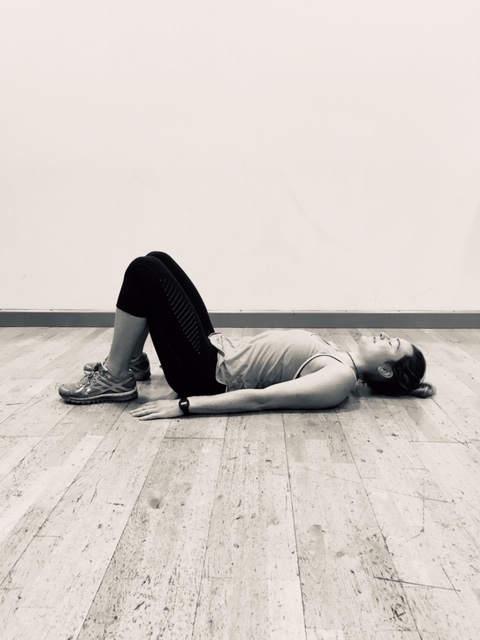
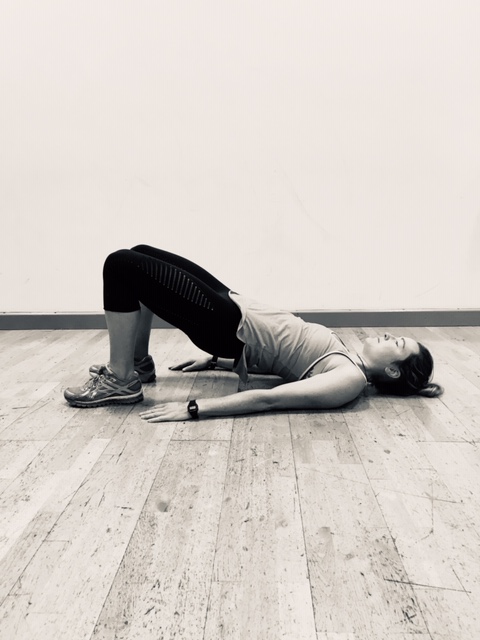
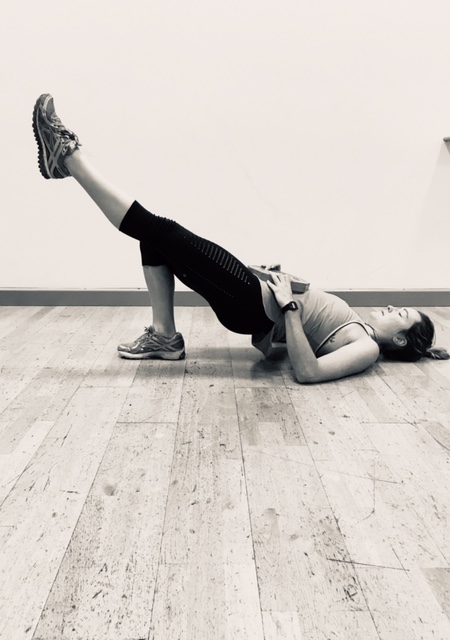
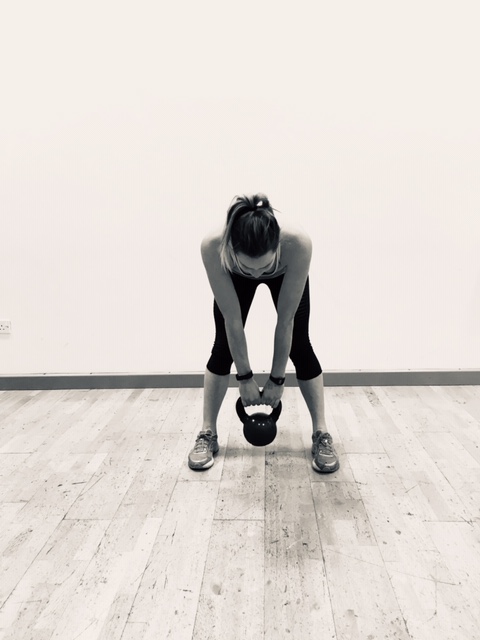
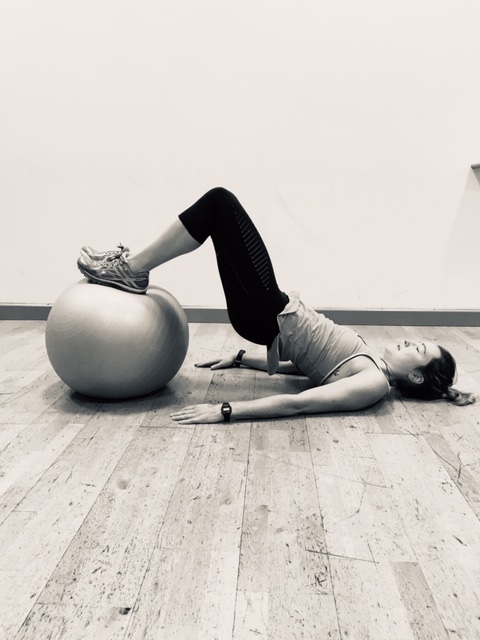
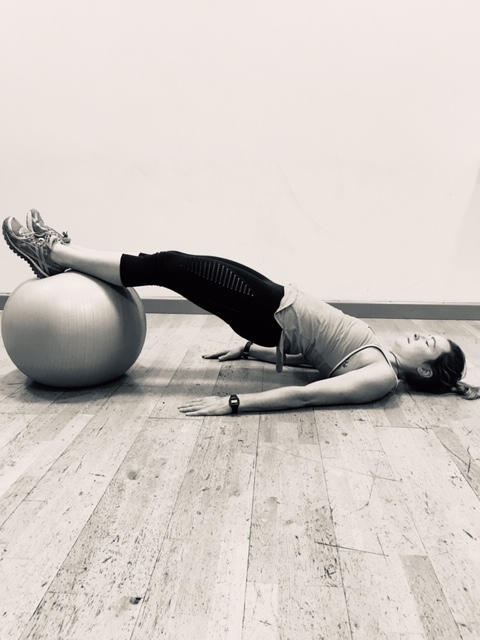
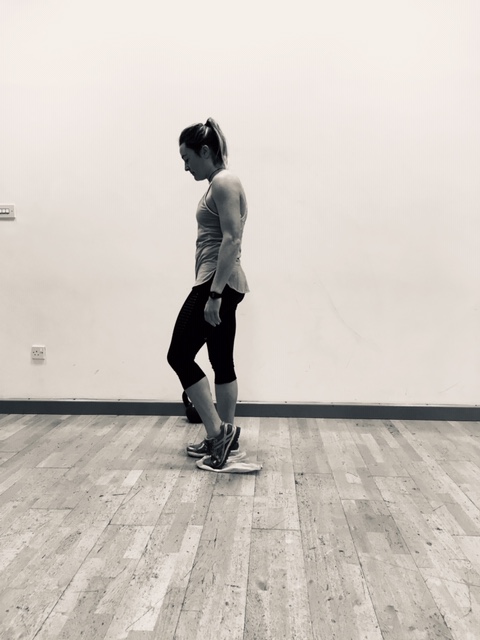
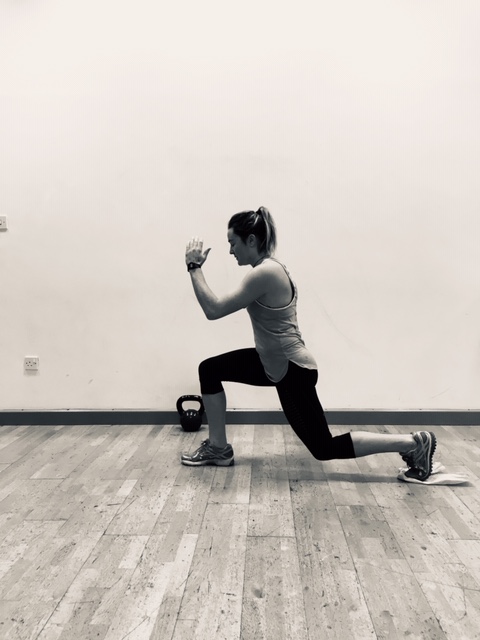
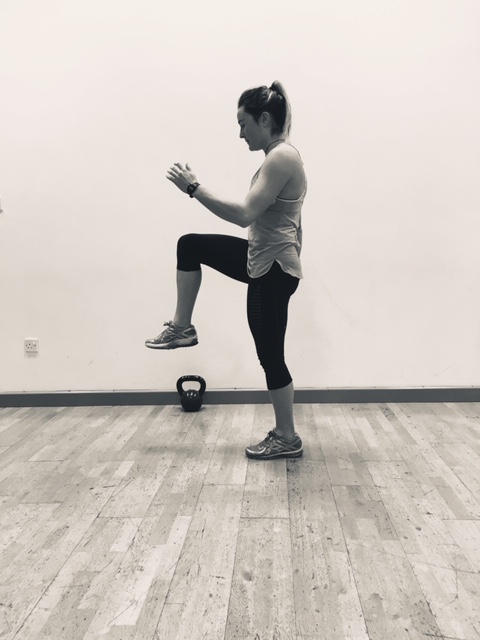
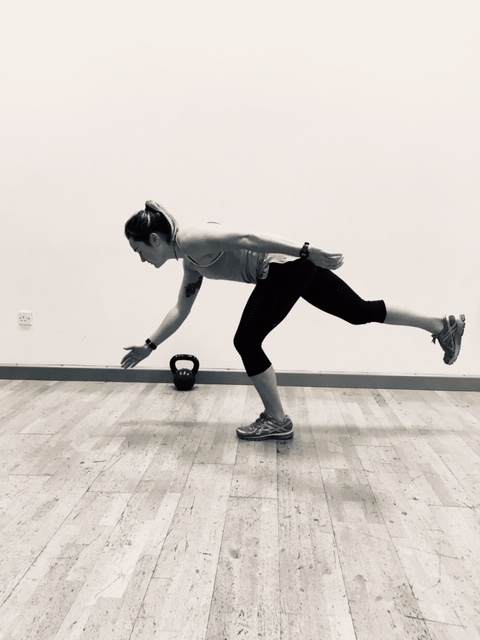
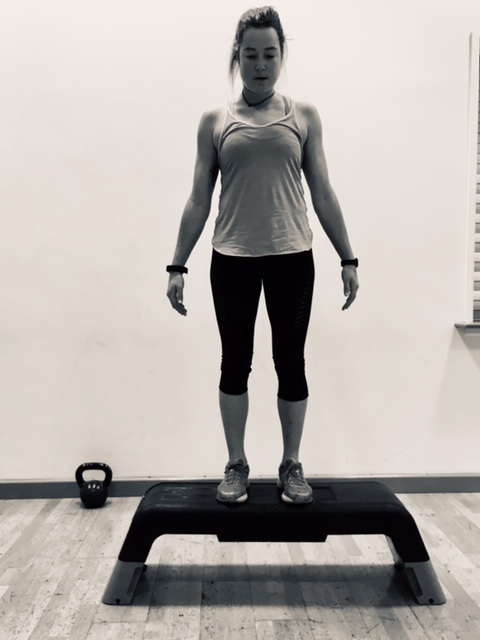
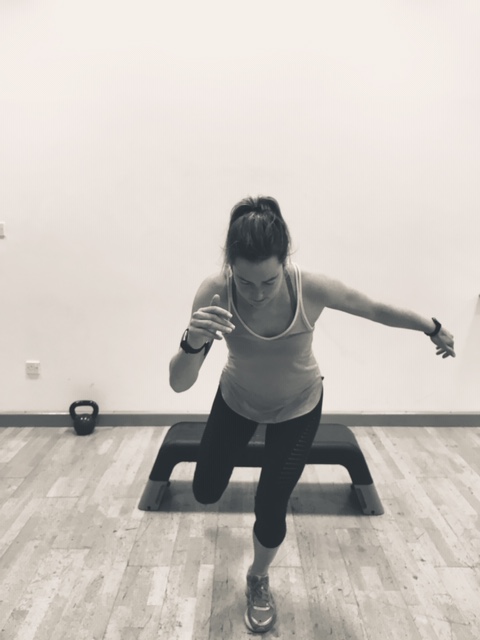
For power this exercise it can be progressed by landing and exploding straight up into a single leg hop
Start with low reps and sets i.e 4-6 reps x 3 sets, and build up as you gain strength and confidence. As with any exercise it is important to fully warm up and seek further advice if you are unsure of any of the exercises. Feel free to get in touch for advice and more ways you can prepare yourself for your sport or post injury programmes
